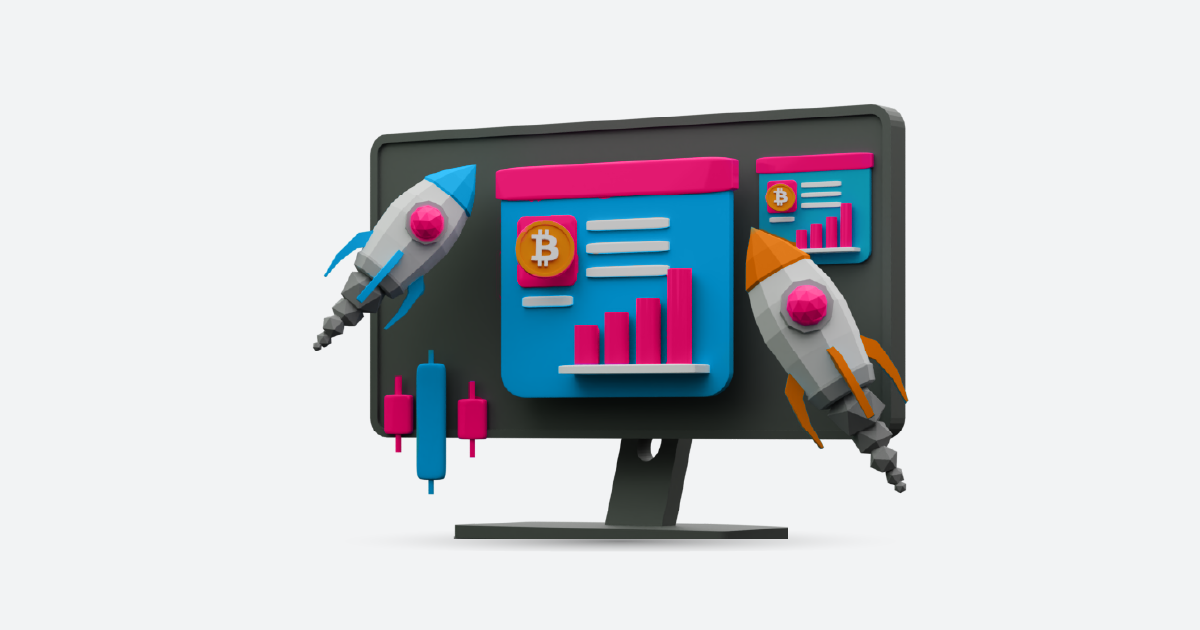In today’s digital landscape, influencer marketing has emerged as a powerful strategy for brands to reach their target audience authentically. However, measuring the success and impact of influencer campaigns can be challenging without the right tools and insights. This is where influencer analytics tools come into play, providing businesses with valuable data to optimize their influencer marketing efforts.
Understanding the Importance of Influencer Analytics

1. What Are Influencer Analytics Tools?
Influencer analytics tools are software platforms designed to track, measure, and analyze various metrics related to influencer marketing campaigns. These tools offer comprehensive insights into audience demographics, engagement rates, and content performance, enabling brands to make informed decisions and drive better results.
2. Why Are They Important for Businesses?
Influencer analytics tools play a crucial role in helping businesses evaluate the effectiveness of their influencer partnerships. By monitoring key metrics such as reach, impressions, and conversion rates, brands can assess the ROI of their campaigns and identify areas for improvement. Additionally, these tools enable marketers to identify top-performing influencers, optimize content strategies, and allocate resources more effectively.
Key Features of Influencer Analytics Tools
Influencer analytics platforms offer a wide range of features to help businesses gain deeper insights into their influencer marketing efforts.
1. Audience Insights
One of the primary features of influencer analytics tools is audience insights. These tools provide detailed demographic information about the followers of influencers, including age, gender, location, interests, and purchasing behaviors. By understanding the characteristics of their target audience, brands can tailor their messaging and content to resonate more effectively.
2. Engagement Metrics
In addition to audience demographics, influencer analytics tools also track various engagement metrics such as likes, comments, shares, and click-through rates. These metrics help businesses gauge the level of audience engagement with influencer content and measure the effectiveness of their campaigns in driving interactions and conversions.
3. Content Performance Analysis
Furthermore, influencer analytics platforms offer robust capabilities for analyzing the performance of influencer-generated content. From assessing the reach and virality of posts to tracking conversions and sales attributed to specific campaigns, these tools provide valuable insights into the impact of influencer content on brand awareness and sales.
Popular Influencer Analytics Tools in the Market
Several influencer analytics tools are available in the market, each offering unique features and capabilities tailored to the needs of businesses.
Tool 1: AIM Insights
AIM Insights is a comprehensive social media monitoring tool that provides real-time insights into brand mentions, influencer activity, and industry trends. With advanced analytics and reporting features, AIM Insights helps businesses track the performance of their influencer campaigns and measure the impact on brand reputation and sentiment.
Tool 2: Hootsuite Impact
Hootsuite Impact is a social media management platform that offers powerful analytics and measurement tools for influencer marketing campaigns. From tracking engagement metrics to calculating ROI, Hootsuite Impact enables businesses to optimize their influencer strategies and demonstrate the value of their investments.
Tool 3: Socialbakers
Socialbakers is an AI-powered social media marketing platform that offers advanced analytics and benchmarking tools for influencer marketing. With features such as influencer discovery, content optimization, and competitive analysis, Socialbakers helps businesses identify…
How to Choose the Right Influencer Analytics Tool
When selecting an influencer analytics tool, businesses should consider several factors to ensure they find the right fit for their needs.
1. Consideration Factors
- Feature Set: Evaluate the features and capabilities of each tool to ensure it meets your specific requirements.
- Ease of Use: Choose a user-friendly platform that allows you to navigate and analyze data efficiently.
- Integration: Ensure the tool integrates seamlessly with your existing marketing stack to streamline workflows and data sharing.
- Customer Support: Look for vendors that offer responsive customer support and training resources to help you maximize the value of the tool.
2. Budgetary Constraints
Consider your budgetary constraints and choose a tool that offers the best value for money based on your business objectives and resources.
3. Integration Capabilities
Ensure the tool integrates seamlessly with your existing marketing stack to streamline workflows and data sharing.
Tips for Maximizing the Benefits of Influencer Analytics Tools
To maximize the benefits of influencer analytics tools, businesses should follow these best practices:
1. Set Clear Objectives
Before launching an influencer campaign, define clear objectives and KPIs to measure success and track progress effectively.
2. Monitor Competitor Activities
Keep an eye on your competitors’ influencer marketing activities to identify emerging trends, opportunities, and potential threats.
3. Collaborate with Influencers Effectively
Build strong relationships with influencers and collaborate closely to ensure alignment with your brand values and objectives.
Case Studies: Real-World Examples of Successful Influencer Campaigns
To illustrate the effectiveness of influencer analytics tools, here are some real-world examples of successful influencer campaigns:
- Brand X: Leveraged Mention to identify top-performing influencers in their niche and launched a targeted campaign that resulted in a 30% increase in sales.
- Brand Y: Utilized Hootsuite Impact to track engagement metrics and optimize content strategies, leading to a 50% boost in brand awareness and social media followers.
- Brand Z: Partnered with Socialbakers to conduct competitive analysis and benchmark their influencer performance against industry standards, achieving a 25% higher ROI compared to previous campaigns.
Conclusion
Influencer analytics tools are indispensable for businesses looking to harness the power of influencer marketing effectively. By providing valuable data and insights, these tools enable brands to optimize their campaigns, measure ROI, and drive better results. With the right tools and strategies in place, businesses can unlock the full potential of influencer marketing and stay ahead of the competition.
Ready to take your influencer marketing efforts to the next level? Request a demo from AIM Technologies today and discover how our advanced analytics platform can help you achieve your goals.
FAQs
What is the difference between influencer analytics platforms and social media monitoring tools?
- While social media monitoring tools focus on tracking brand mentions and industry trends, influencer analytics tools specifically analyze the performance and impact of influencer marketing campaigns.
Can influencer analytics tools help identify fake or bot followers?
- Yes, many influencer analytics platforms offer features to detect suspicious or fraudulent activity, such as unusually high follower growth rates or engagement spikes.
How often should businesses analyze influencer campaign data?
- It’s recommended to analyze influencer campaign data regularly, ideally in real-time or at least on a weekly or monthly basis, to track performance, identify trends, and make timely adjustments.
Are influencer analytics platforms suitable for small businesses with limited budgets?
- Yes, there are several influencer analytics platforms available that cater to businesses of all sizes, including those with limited budgets. It’s essential to research and choose a tool that offers the features you need at a price point that fits your budget.
Can influencer analytics tools help measure the long-term impact of influencer marketing on brand equity?
- Yes, influencer analytics tools can provide insights into long-term trends and performance metrics, allowing businesses to assess the overall impact of influencer marketing on brand equity and reputation over time.




